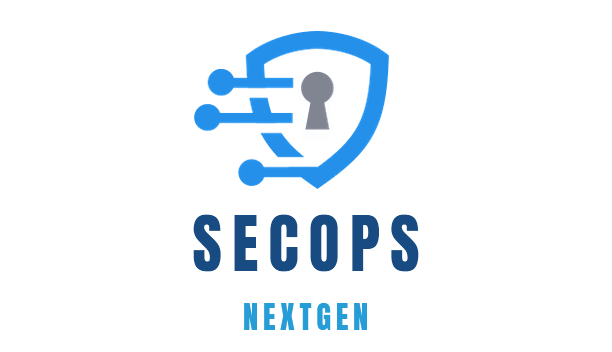As we stand at the threshold of a new era characterized by rapid technological advancement, the workplace is undergoing a seismic shift largely driven by artificial intelligence (AI). This transformation presents both challenges and opportunities, fundamentally altering job markets and the nature of work itself.
The Rise of AI in the Workplace
AI, with its ability to process vast amounts of data, learn from patterns, and perform tasks traditionally done by humans, is becoming increasingly prevalent across different sectors. From automation in manufacturing to chatbots in customer service and data analytics in finance, AI technologies are being harnessed to enhance efficiency and productivity. The World Economic Forum projects that by 2025, AI will create 85 million new jobs while displacing 75 million, illustrating a net gain in employment opportunities despite concerns about job loss.
Job Displacement vs. Job Creation
The discourse surrounding AI often focuses on job displacement, sparking fears of a looming unemployment crisis. Routine, repetitive tasks are particularly vulnerable to automation; thus, roles in industries such as manufacturing, retail, and even some sectors of the service industry may see a decline in demand. For example, automated checkout systems are transforming the retail landscape, reducing the need for cashiers.
However, it is essential to recognize that while some jobs may disappear, others will emerge. New roles that require human intuition, creativity, emotional intelligence, and advanced technical skills are likely to arise. Fields such as AI maintenance, data analysis, and cybersecurity are projected to experience significant growth. Moreover, the emergent roles will often demand individuals who can work alongside AI technologies, rather than being replaced by them.
The Skills Gap: A Call for Reskilling and Upskilling
As we transition into this AI-driven future, the skills required in the workforce will evolve. The increasing complexity of technology necessitates a workforce that is adaptable, tech-savvy, and continuously learning. The skills gap is a pressing challenge; many workers may not possess the necessary abilities to thrive in a more automated environment.
Companies are recognizing the importance of reskilling and upskilling their employees. Organizations such as Amazon and Google have invested millions into training programs, aiming to equip their workforce with the skills needed for the future. Upskilling initiatives not only enhance employee retention but also foster a culture of continuous learning, which is imperative in a landscape defined by rapid change.
The Gig Economy and Remote Work
AI is also reshaping the nature of jobs themselves. The rise of digital platforms has led to a surge in the gig economy, where short-term contracts and freelance work are becoming more prevalent. AI-powered platforms streamline the hiring process for both employers and freelancers, allowing for better matching based on skills and needs.
Furthermore, the COVID-19 pandemic acted as a catalyst for remote work, a trend that is likely to persist. AI tools facilitate collaboration and productivity from anywhere, enabling businesses to tap into a global talent pool. This shift not only offers flexible work arrangements but also prompts discussions around work-life balance and employee well-being.
Ethical Considerations and the Human Touch
As AI continues to integrate into the workforce, ethical considerations surrounding its deployment come to the forefront. Issues such as bias in algorithms, job displacement, and the potential reduction of human interaction in the workplace require thoughtful deliberation. Companies must prioritize ethical AI practices, ensuring transparency and accountability in how these technologies are implemented.
Moreover, the human touch remains irreplaceable in many roles. Empathy, leadership, and interpersonal relationships are nuances that AI cannot replicate. As AI assumes more functionalities, the demand for these distinctly human abilities will likely increase, driving a need for professionals who can bring creativity and emotional intelligence into their work.
Conclusion: Embracing Change
The future of work is undoubtedly being reshaped by AI—an evolution that encompasses both remarkable opportunities and daunting challenges. Embracing this change necessitates proactive steps toward reskilling, fostering innovation, and ensuring ethical integration of technology. By understanding and adapting to these dynamics, individuals and organizations can navigate the evolving job markets, harnessing the potential of AI to enhance human work rather than replace it.
In the end, the ultimate success of this transformation depends on our collective ability to adapt, collaborate, and innovate. With a forward-thinking approach, we can ensure that the future of work is not just about AI but also about empowering a workforce that thrives alongside it.




Deixe o seu comentário